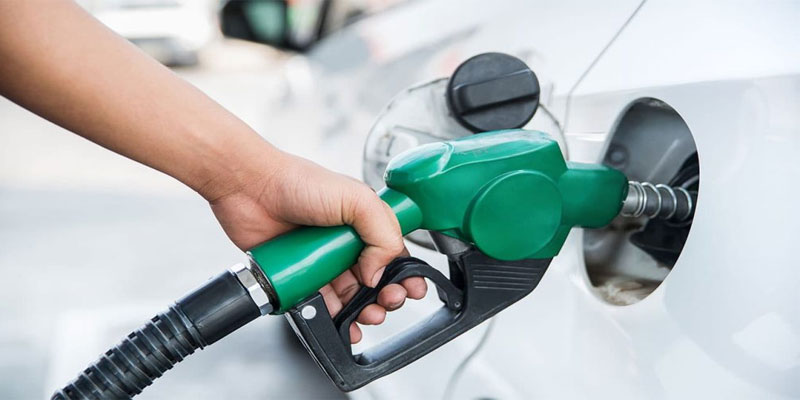Petroleum dealers and oil marketing companies (OMCs) have urged the government to address their demands promptly following the International Monetary Fund’s (IMF) advice to reinstate taxes on key sectors.
The dealers have requested an increase in their profit margins and have threatened to halt all operations if their demands are not met. Additionally, OMCs have asked the authorities to simplify the process for determining petroleum prices.

Petroleum Dealers Threaten to Stop Supply After IMF Latest Demand
The Oil Companies Advisory Council (OCAC) has expressed concerns regarding the exchange rate computation methodology (True Up) used for calculating the fortnightly prices of petroleum products. In a letter, OCAC requested a return to the previous methodology, which it deemed simpler and clearer.
Previously, the exchange rate applicable at the time of pricing was used for price computation. However, effective August 1, 2022, OGRA changed its methodology to using a 15-day average exchange rate, despite objections from the Oil Industry. This change introduced exchange rate exposure for the Oil Industry.
OCAC argued that using the latest available exchange rate at the date of price change reflects the exchange rate for the upcoming fortnight and would be a better option compared to the current practice. Given the current stability of the Pakistani Rupee, the impact of correcting the pricing mechanism would be minimal. OCAC proposed reverting to the system of using the exchange rate applicable at the time/date of pricing change.
Petroleum dealers have issued a threat to halt supply following the latest demand from the IMF
Separately, the Pakistan Petroleum Dealers Association (PDA) highlighted in a letter that the margin for Petroleum Dealers had not been increased since September 2023. Dealers expressed concerns over spikes in various operational costs, including electricity charges, interest rates, labor costs, Oil Marketing Companies franchise fees, and KIBOR rates. They emphasized that the existing margin had rendered their earnings unsustainable.
PDA also raised concerns about the influx of smuggled illegal petroleum products, which had adversely affected both the economy and registered petroleum dealers. The prevalence of smuggled products at lower prices resulted in a significant decline in petrol pump sales.
PDA urgently appealed for a prompt resolution of their grievances, emphasizing the need to address all concerns expediently. They warned that failure to address these issues could lead to the cessation of operations, with adverse implications for businesses and the broader economy.
Read Also:ADA Part 1 Result 2024 Karachi University
The IMF has identified significant complexity and dysfunctionality in Pakistan’s current sales tax system, partly due to the division of the tax base between goods and services. It has urged the federal government to cease providing special treatment to various sectors and instead implement uniform taxation across all sectors.
The IMF cautioned that this dysfunctionality is worsened by numerous special treatments granted to specific products and sectors, which ultimately reduce revenue generation and adversely impact tax administration.